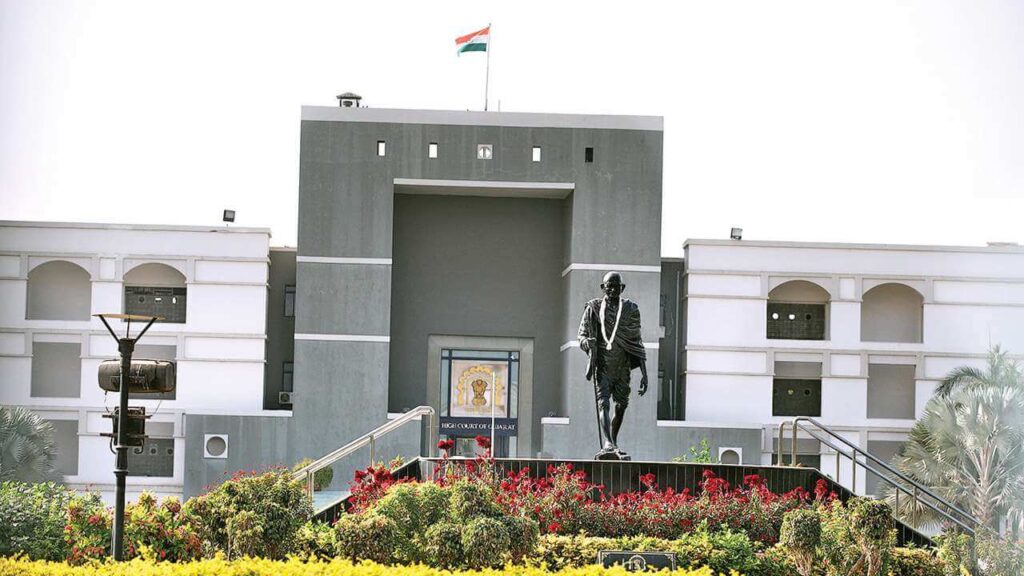Shilpi Nama
On 8th May, 2025, the Central Government appointed seven of eight recommended judicial officers as Gujarat High Court judges. Union Law Minister Arjun Ram Meghwal shared the official notification on the social media platform ‘X’, highlighting the Government’s continued commitment to strengthening the judiciary and filling high court vacancies promptly.
Referring to the constitutional framework governing judicial appointments, Union Law Minister Arjun Ram Meghwal announced that, “In exercise of the authority vested in the President of India under the Constitution, and following the mandatory consultation with the Chief Justice of India, the President has granted approval for the appointment of a group of judicial officers to serve as Judges of the Gujarat High Court.” The Minister emphasized that this process reflects the constitutional balance between the executive and judiciary in ensuring the timely filling of vacancies in the higher judiciary, thereby strengthening the administration of justice in the state.
The list of newly appointed judges includes ‘Liyakat Hussain Shamsuddin Pirzada, Ramchandra Thakurdas Vachhani, Jayesh Lakhanshibhai Odedra, Pranav Maheshbhai Raval, Mool Chand Tyagi, Dipak Mansukhlal Vyas, and Utkarsh Thakorbhai Desai’. These appointments mark a significant step in addressing the judicial vacancies in the Gujarat High Court and are in line with the government’s efforts to strengthen the efficiency and functioning of the higher judiciary.
The appointments follow the Supreme Court Collegium’s recommendation made in April 2025, which proposed the elevation of eight judicial officers to the Gujarat High Court. As part of its constitutional mandate in the judicial appointment process, the Collegium aimed to address long-standing vacancies and strengthen the court’s overall capacity. However, a notable omission from the final list issued by the Government is judicial officer Rohenkumar Kundanlal Chudawala, who was among the eight individuals originally recommended by the Collegium. The omission of Chudawala from the list has drawn attention, as it highlights the occasional divergence between Collegium recommendations and Government action in judicial appointments. No official reason was provided for his exclusion in the notification.
This development underscores the ongoing dialogue between the executive and judiciary in the appointment process, while also reaffirming the constitutional procedure that governs judicial elevations in India. The Apex Court has previously emphasized the necessity of timely appointments to High Courts and cautioned against selective approvals without proper communication.
Instagram: Click here.
LinkedIn: Click here.
For Collaboration and Business: info.desikaanoon@gmail.com

